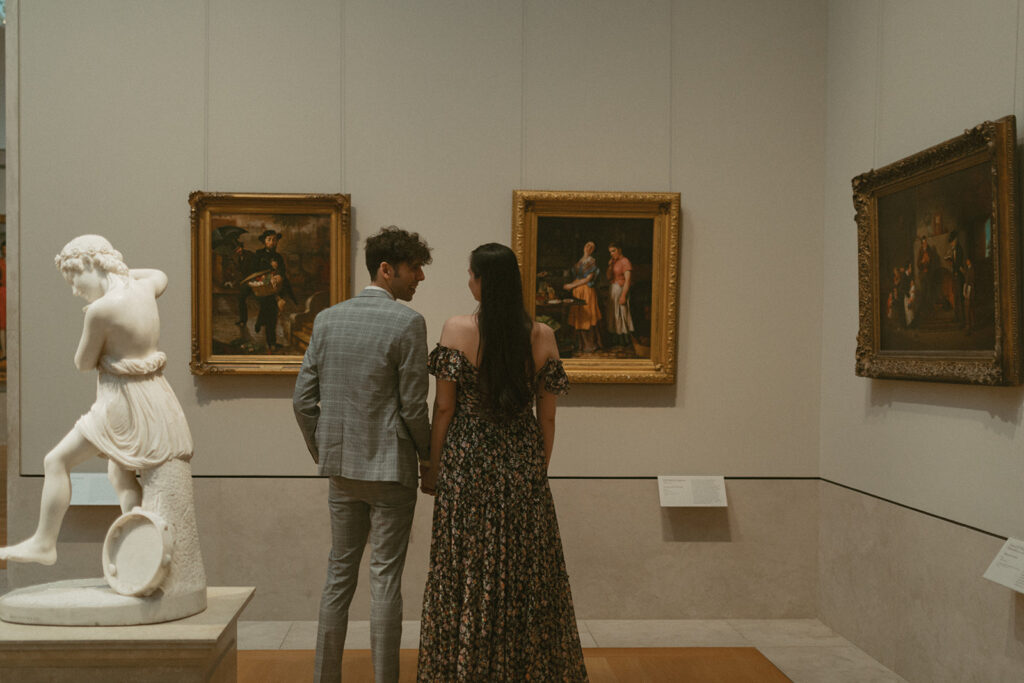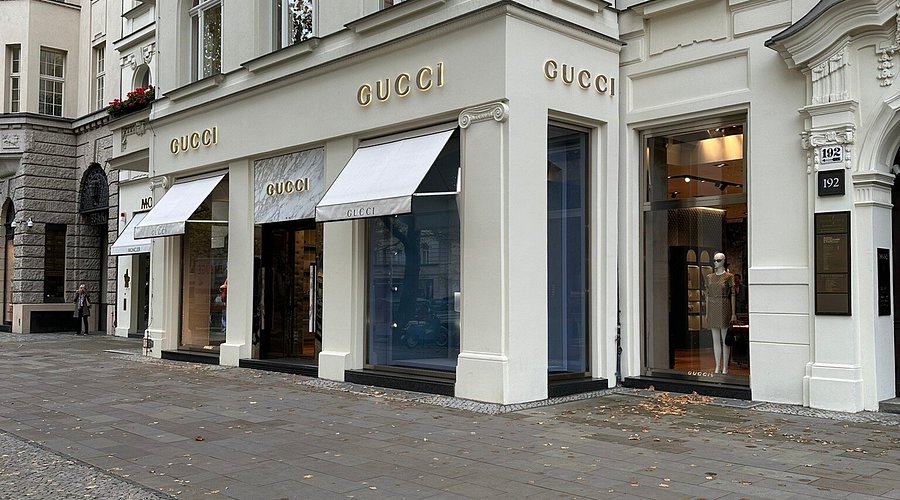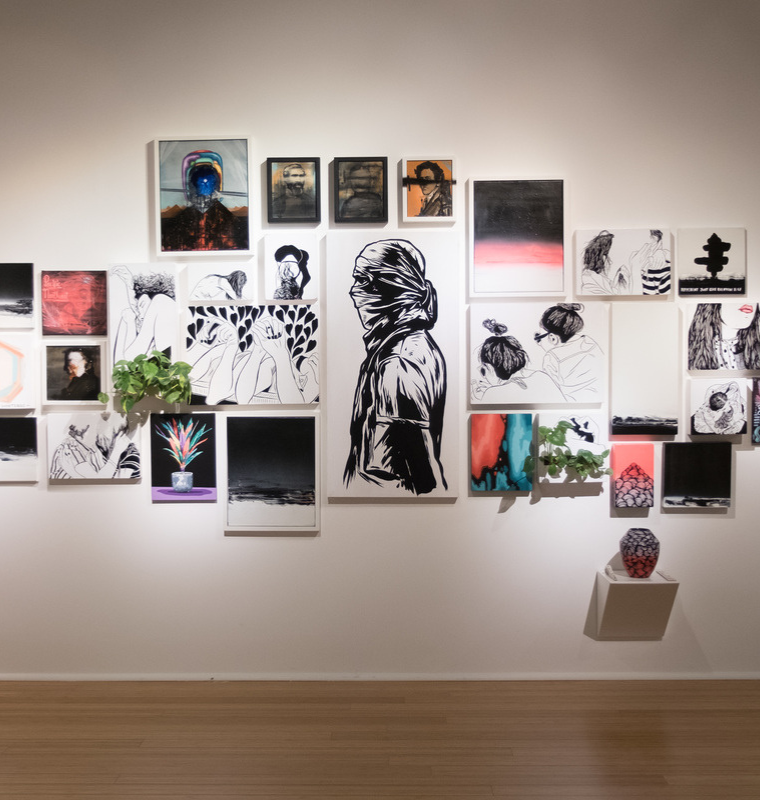The Quiet Transformation of Wealth Into Cultural Influence and Intellectual Capital
By
Sophie Moore
Last updated:
November 11, 2025
First Published:
November 11, 2025

From Money to Meaning
In today’s elite circles, wealth is no longer simply a measure of financial power. A growing number of ultra-wealthy individuals are transforming their fortunes into cultural influence and intellectual capital. The focus has shifted from accumulation to contribution, as billionaires seek to leave legacies that are measured in ideas, knowledge, and societal impact rather than mere possessions.
Investing in Knowledge
Modern wealth holders are increasingly channeling resources into educational institutions, research projects, and think tanks. These investments are not driven by returns alone but by the desire to shape discourse and influence the future of industries, science, and policy. Funding innovative research or establishing private institutes allows them to create intellectual ecosystems that extend their impact far beyond traditional philanthropy.
Art as a Tool of Influence
Art has become one of the most potent channels for cultural influence. Collectors are not simply acquiring masterpieces but actively engaging with the creative process through artist residencies, gallery collaborations, and commissioned works. By doing so, they shape trends, nurture emerging talent, and define what is valued culturally, positioning themselves as tastemakers in global art circles.
Curating Ideas, Not Just Assets
Wealth is being used to cultivate ideas rather than physical assets. Private forums, invitation-only conferences, and exclusive workshops allow the ultra-wealthy to exchange insights, innovate, and collaborate with thinkers across disciplines. This intellectual capital is a form of influence that often surpasses the visibility of material wealth, creating networks that shape global thought leadership.
The Intersection of Wealth and Innovation
Many billionaires are leveraging capital to drive technological and scientific innovation. Venture philanthropy, impact investing, and private research labs enable them to support initiatives that may be too experimental or long-term for conventional markets. These efforts transform wealth into actionable knowledge, turning financial resources into ideas with societal implications.
Cultural Stewardship and Legacy
Beyond science and technology, wealth is now a tool for cultural stewardship. Families and individuals invest in preserving heritage, supporting cultural institutions, and promoting global understanding. This strategic patronage ensures that their influence endures, leaving a legacy embedded in both intellectual and cultural history rather than solely in material holdings.
The Power of Networks
Cultural influence and intellectual capital thrive in networks. The ultra-wealthy often create private clubs, exclusive retreats, and think tanks where ideas can flourish without commercial pressure. Membership in these circles is based not just on net worth but on the ability to contribute meaningfully to knowledge creation, ensuring that influence is earned and shared selectively.
Redefining Prestige
In this new paradigm, prestige is increasingly tied to the ability to shape ideas, movements, and culture rather than to showcase luxury possessions. Intellectual capital becomes a measure of distinction, reflecting sophistication, vision, and thought leadership. Wealth is no longer merely a badge of status but a vehicle for shaping the world in subtle yet profound ways.
Influence Beyond Visibility
One of the defining features of this transformation is its subtlety. Unlike flashy displays of material wealth, intellectual and cultural influence often operates quietly, yet its effects are far-reaching. Books, research, art, and innovative projects funded by the ultra-wealthy ripple through society, leaving lasting impressions on culture and thought without overt visibility.
The Future of Wealth and Influence
The quiet transformation of wealth into cultural and intellectual capital represents a shift in what it means to be truly influential. For modern billionaires, the ultimate achievement is not in possessions or accolades but in ideas that endure, inspire, and shape society. In this evolving landscape, legacy is defined by knowledge, creativity, and cultural impact rather than mere accumulation.
Subscribe to unlock premium content
Sed at tellus, pharetra lacus, aenean risus non nisl ultricies commodo diam aliquet arcu enim eu leo porttitor habitasse adipiscing porttitor varius ultricies facilisis viverra lacus neque.
A comprehensive guide on Agile development

10 Productivity tools that are worth checking out

Top 7 Must have management tools for productivity

A comprehensive guide on Agile development

10 Productivity tools that are worth checking out

A comprehensive guide on Agile development









